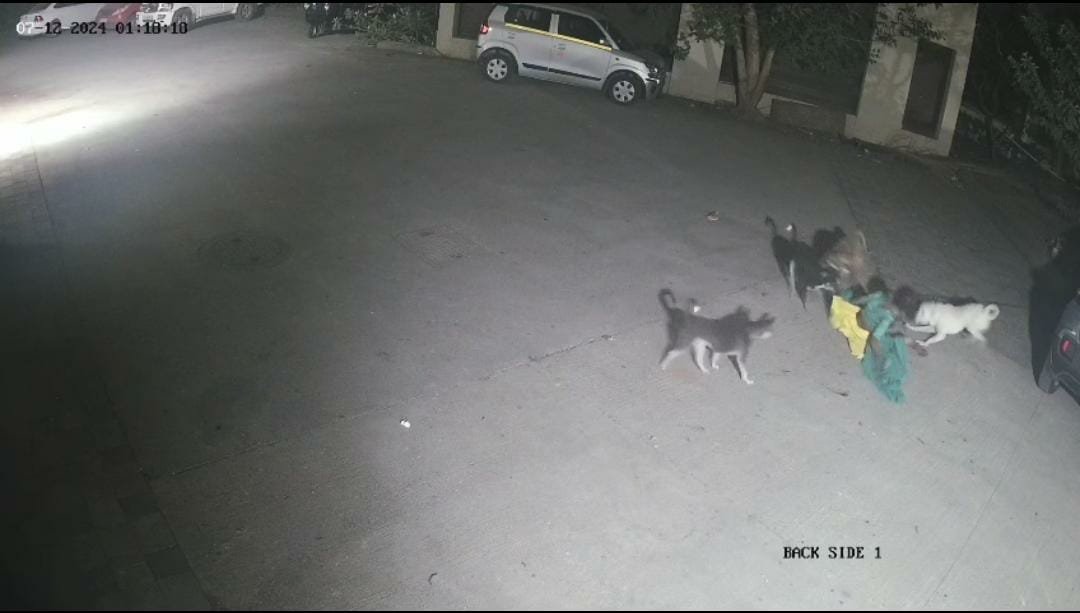Ranchi: Defying threats and boycott calls from Maoist factions, voters in Jharkhand’s Left Wing Extremism-affected areas turned out in remarkable numbers on Wednesday, showcasing a commitment to democracy despite the region’s volatility.
According to the Election Commission (EC), the overall turnout across the state reached 64.86 percent, edging past the 3.9 percent recorded during the 2019 Assembly elections. This steadfast participation highlights the resilience of Jharkhand’s tribal and rural electorate, determined to make their voices heard.
About The First Phase Of The Jharkhand Assembly Elections
The first phase of the Jharkhand Assembly elections covered 43 out of the state’s 81 constituencies, with the remainder set to vote on November 20. The EC noted a vibrant, festive mood at polling stations in districts with large tribal populations, including those previously considered Maoist strongholds.
In a notable first, a polling station was established at Budha Pahad in Garhwa district, a remote area once firmly under extremist influence. Here, the sight of long queues at the Hesatu polling station marked a historic moment, symbolising the penetration of democratic ideals into even the most isolated regions. Polling day wasn’t without incidents, however, In Rabanga village of Manoharpur constituency, Maoists sought to disrupt proceedings by placing posters and banners urging a boycott and even placing a suspected bomb near a polling site. Police swiftly secured the area, removed the suspicious object, and delayed voting by a mere half-hour.
In Jagannathpur constituency, Maoist elements also blocked a road between Haathnaburu and Dikuponga villages, an obstacle quickly cleared by security forces. The determination of tribal voters, in particular, was evident. For the first time, residents of Lakhaidih village in East Singhbhum district, an entirely tribal area, could vote in their own village rather than trekking over four kilometres through dense forest to reach the nearest polling station.
Similarly, a landmark achievement saw 100 percent enrolment of Jharkhand’s 1.78 lakh members from particularly vulnerable tribal groups in the electoral roll. The EC’s meticulous preparation—overseen by Chief Election Commissioner Rajiv Kumar and his team—helped ensure smooth operations across the state. Webcasting was deployed at 100 percent of polling stations, enhancing transparency and security, while consistent monitoring of over 15,000 locations prevented disruptions.
Election Commission Of India Lauds The Seamless Execution
The Commission lauded the seamless execution, with no reports of repolling required. The resilience shown by voters in Jharkhand’s extremist-hit areas underscores the growing reach of democratic values in historically disenfranchised regions. For many, it was more than a routine exercise in civic duty—it was a declaration of defiance, an affirmation that threats and intimidation could not silence their right to be heard.




